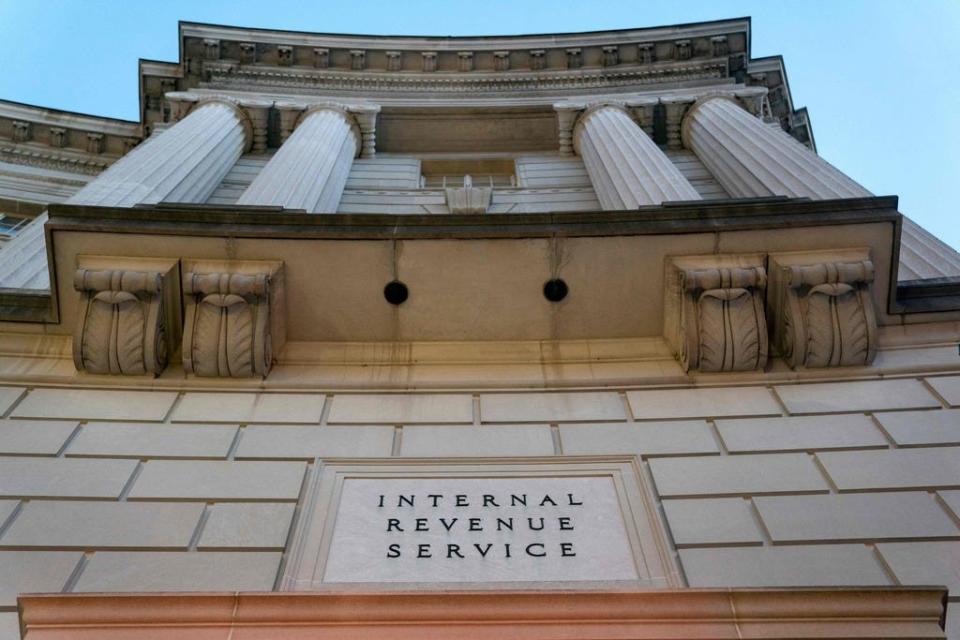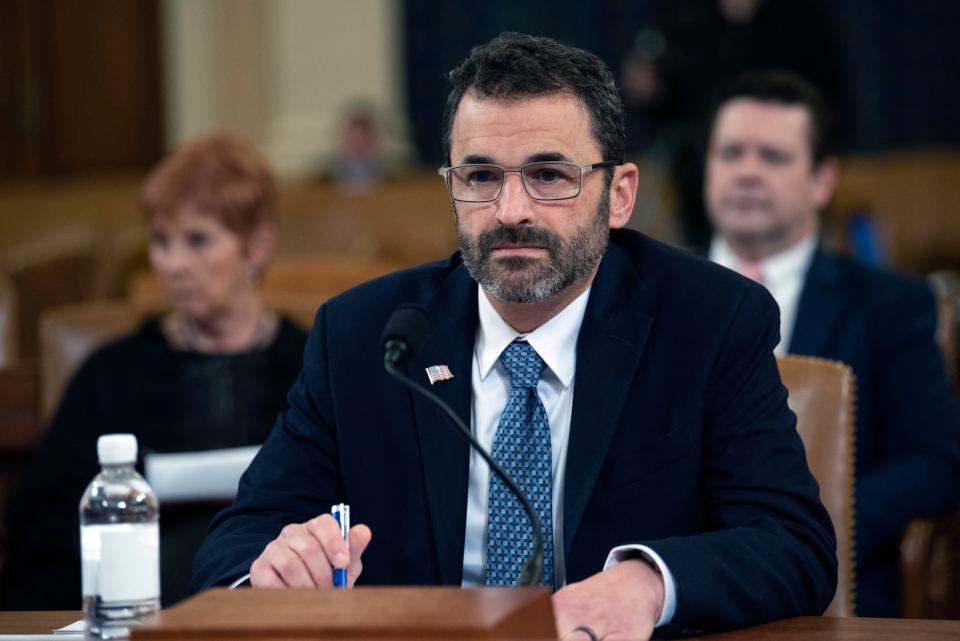IRS will roll out a free tax preparation program in 2024
HYANNIS — When W-2 forms start hitting mailboxes in January, Massachusetts taxpayers who are eligible to file simple tax returns will have one more free service at their disposal. The Internal Revenue Service will roll out Direct File in 2024.
But is that welcome news? Will it benefit taxpayers, or add layers to the agency’s bureaucracy? How much will it cost to run the program? Will those costs detract from the free service provided? And should the government even be involved in providing free tax return services?
What is Direct File?
The IRS received about $78 billion to help improve taxpayer service, update IRS computer systems, and increase compliance and enforcement actions against high-income taxpayers and large corporations through the Inflation Reduction Act of 2022.

In May, the IRS reported to Congress that it found wide interest in a free IRS tax-filing service and determined the agency was "technically capable" of delivering one. That service is Direct File. It will roll out in 13 states in 2024, be limited to eligible taxpayers with relatively simple returns, including limits by income type, tax credits and deductions. It will be available in English and Spanish. The interview-based, mobile-friendly service will work on a smartphone as well as a laptop, tablet or desktop computer.
The IRS expects several hundred thousand taxpayers will participate in the pilot program. Participating taxpayers will have access to help from IRS employees providing customer service, technical support and basic clarification of tax law, according to the IRS.
Criticisms of Direct File
Some claim one more free tax preparation service is unnecessary, that the IRS must first address the admitted shortcomings in its practices, and that the free service will end up costing U.S. taxpayers billions.
“Direct File is not free tax preparation, but rather a thinly veiled scheme where billions of taxpayer dollars will be unnecessarily used to pay for something already completely free of charge today,” wrote Tania Mercado, senior communications manager with Intuit, the global financial technology company.
Intuit offers free tax preparation software for individuals filing simple tax returns through TurboTax. A simple return is a basic 1040 form, which generally includes W-2 and unemployment income, limited interest and dividend income and standard deductions. Income eligibility guidelines apply. Last year, taxpayers earning up to $73,000 qualified for the free file program.
More than 124 million people have used Intuit’s free tax preparation software in the last decade, Mercado said in a Dec. 8 phone interview.
Millions more use free services through a host of other companies, including FreeTaxUSA, Cash App, Tax Act, and Tax Slayer. All of them offer upgrades for individuals with more complicated tax returns. Costs range from about $25 and up, depending on the complexity of the return. Some provide state tax returns for free, but others charge.
Sen. Elizabeth Warren, D-Mass., has called Direct File an important step toward creating a free, easy way for millions of Americans to file their taxes online. In an October statement, she wrote "Giant tax prep companies have fought Direct File every step of the way, making tax filing more complicated and expensive than it should be and making it harder for families to get the tax credits they deserve."
The IRS will save money; will taxpayers get their due?
During fiscal 2022, individual taxpayers submitted nearly 160.6 million tax returns according to the IRS. Only 8% of those forms were paper forms. The cost to process paper forms is $7.33 compared to 28 cents for a similar electronically filed return.
But will the IRS advocate for an individual’s highest refund? Can the IRS be an advocate if it is already the collector, auditor, and servicer?
“The organization (IRS) publicly acknowledged systemic inequities that see low-income filers and Black taxpayers targeted for audit at disproportionately higher rates,” Mercado wrote in an e-mail.
A Syracuse University study found that low-income earners taking the earned income credit were more than five times more likely to be audited than anyone else. The authors blamed it on the correspondence audits that the government increasingly relies on.
A Stanford University study found that Black taxpayers are audited at 2.9 to 4.7 times the rate of non-Black taxpayers.
In its May report to Congress, Commissioner Daniel Werfel admitted that there were challenges with Direct File, including building complex, configuration-driven software, updating the software to keep pace with changes to the 6,000-page tax code, and ensuring taxpayer information is kept private and secure.

The Internal Revenue Service has had its share of complaints about customer service, staffing issues, backlogs and privacy concerns. Gig workers and freelancers will be unable to use the free file program. Some question the process and agency that will be used to evaluate the pilot program. What independent party will review the pilot program's results?
"The reality is the tax code is complicated, and that’s on Congress," Mercado said.
Denise Coffey writes about business, tourism and issues facing Cape towns and residents. Contact her at dcoffey@capecodonline.com.
Thanks to our subscribers, who help make this coverage possible. If you are not a subscriber, please consider supporting quality local journalism with a Cape Cod Times subscription. Here are our subscription plans.
This article originally appeared on Cape Cod Times: Companies offering tax preparation services will now compete with IRS

